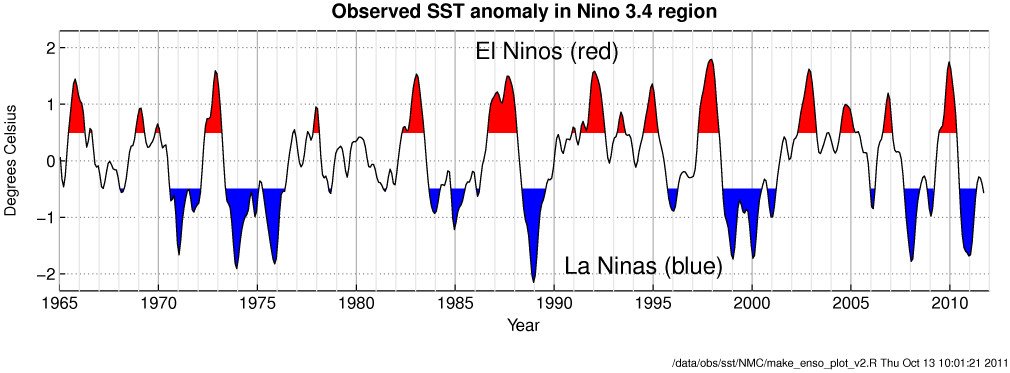My biggest problem with creating a forecasting model is that I cannot fully conceptualize how forecasting actually works to start my own project. I took a couple courses that gave brief introductions to Minitab and one that gave a quick review of SPSS. I've done some basic forecasting in supply chain classes with Excel, and frankly I've had some in depth experience with Excel and Statistics. I, also, just finished a project working on an inventory control with Access and SharePoint. However, I think the simplest way to dive into this particular project is to admit that I simply know nothing about how to approach forecasting.
It, after all, is just another way of replenishing inventory. Forecasting is only a way to set expectations about what may or may not happen in the future. In no way is it a substitute for reducing inventory lead times and setting min/max levels. I think for most cases the way to go is just trimming the process down and ordering more stuff when your inventory is low. Forecasting just has a bit more of an allure because it's more steeped in allegory, giving us a glimpse of our own godlike nature: predicting the future.
So what if I start there? Over simplify? There are things that happen that seem to indicate future events. Mainly, these things that happen are past events. So past events can tell me what is going to happen in the future? But which past events, over what time frame, and why? And do I really understand how those past events really occurred. The challenge, and why I'm looking at something akin to astrology, is finding the context.
This "context problem" can be illustrated by the summer melt of the polar ice cap. In the video below you will see how forecast for summer melt is being outpaced by actual, real melting of the polar ice cap during summer.
The part of this video that gives the best illustration of this is the following graph:
So how do we find the context for our predictive models? My thought is that we, as humans, go through cycles. The ancients represented this with astrology, the study of how the heavens effect the earth. We do know that crime goes up during a full moon. We do know there is a natural seasonal cycle that affects our lives. The oceans have tides created by the gravitational pull of the moon. But what about longer cycles than a day, a month, a year? Do forces external to the earth control El Niño cycles, which appear somewhat randomly every three to seven years?
My favorite Einstein quote is "God doesn't play dice with the world." Simply taken, we (as humans) can expect a reasonable explanation for many of the phenomena that we experience and find in the natural world. On a gut level, I get the sense there is a deeply profound truth hidden in the El Niño graph, above. I do not, at this juncture, know how to access it; however, I fully expect to find someone that knows or discover this nugget of knowledge. Does it have anything do with the movement of astronomical bodies, such as planets or sun spots? I do not know, but I will find out.

No comments:
Post a Comment